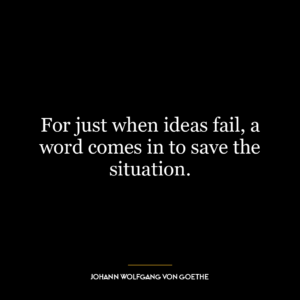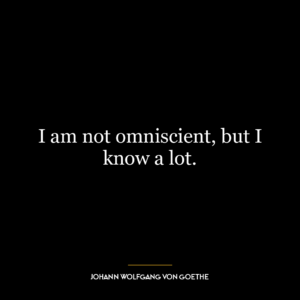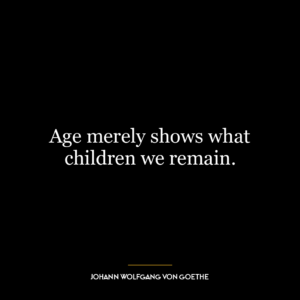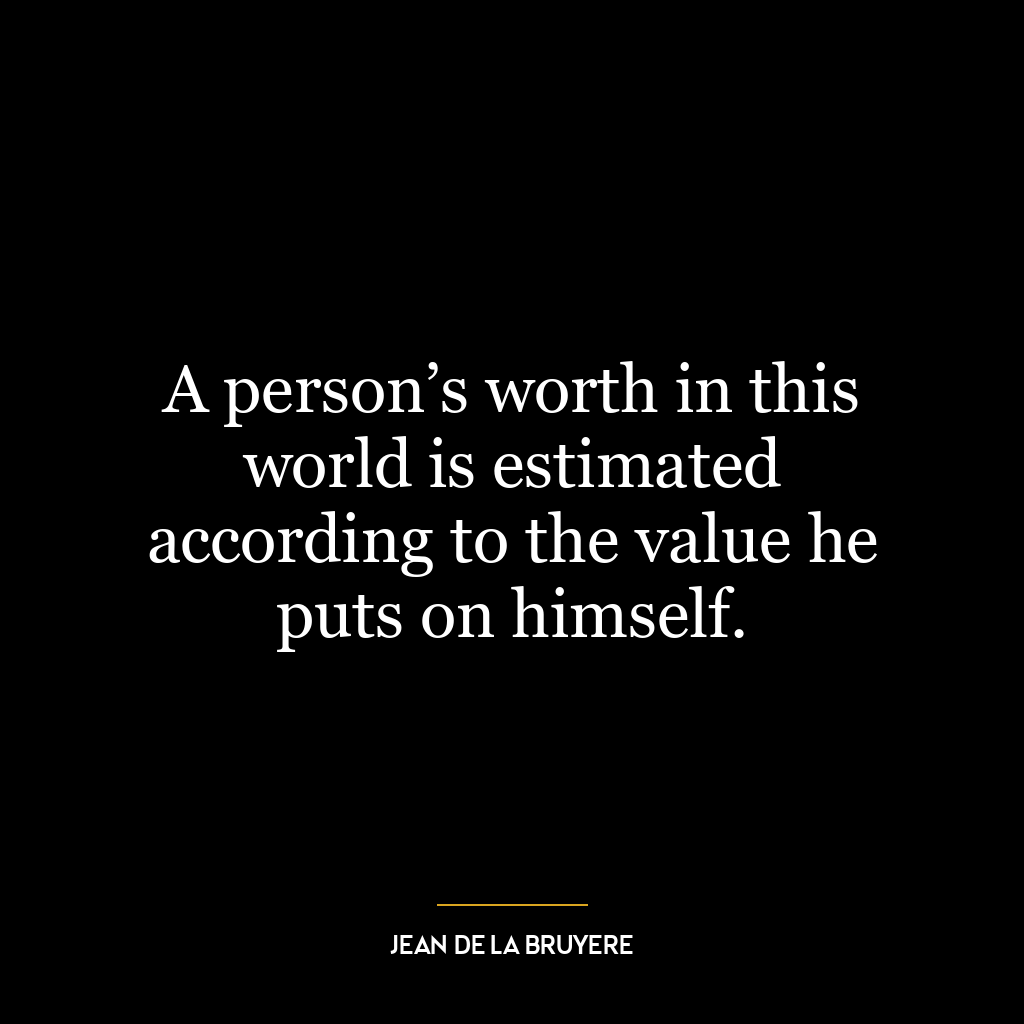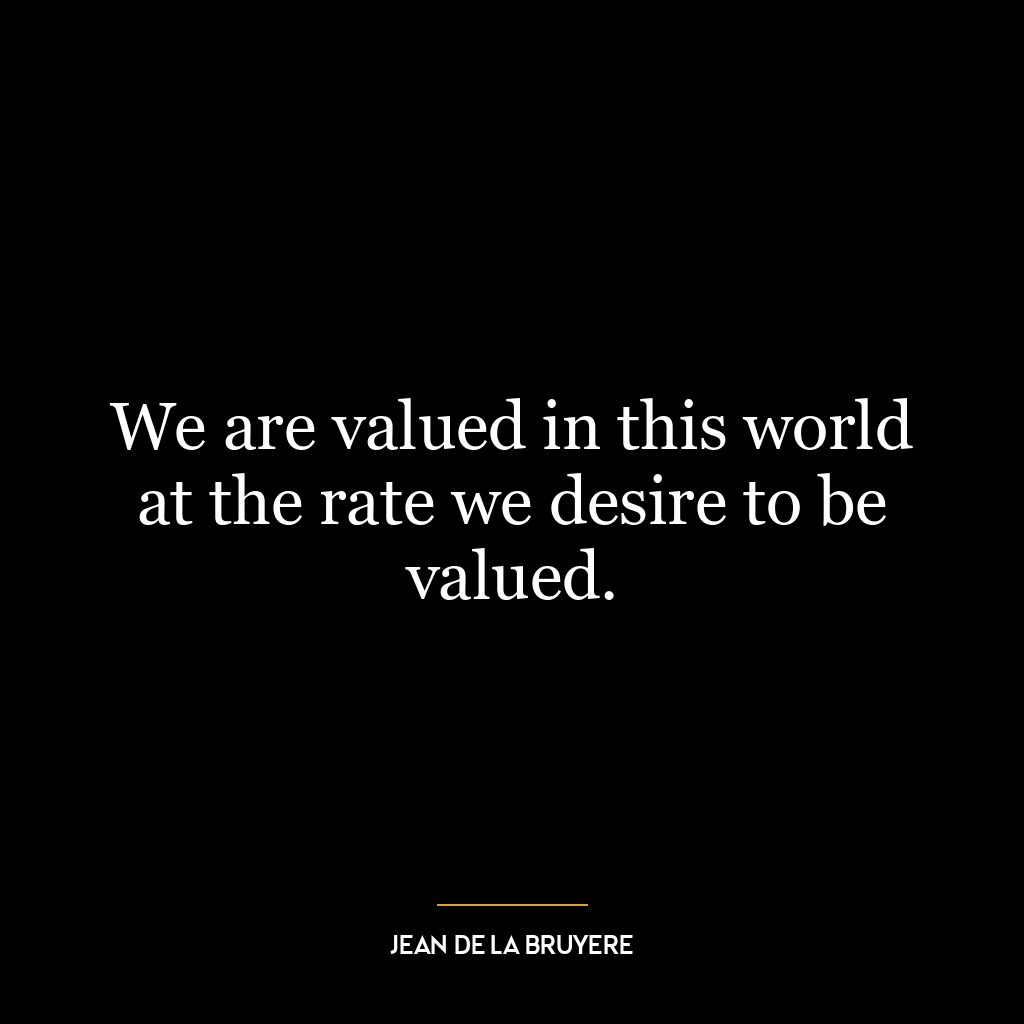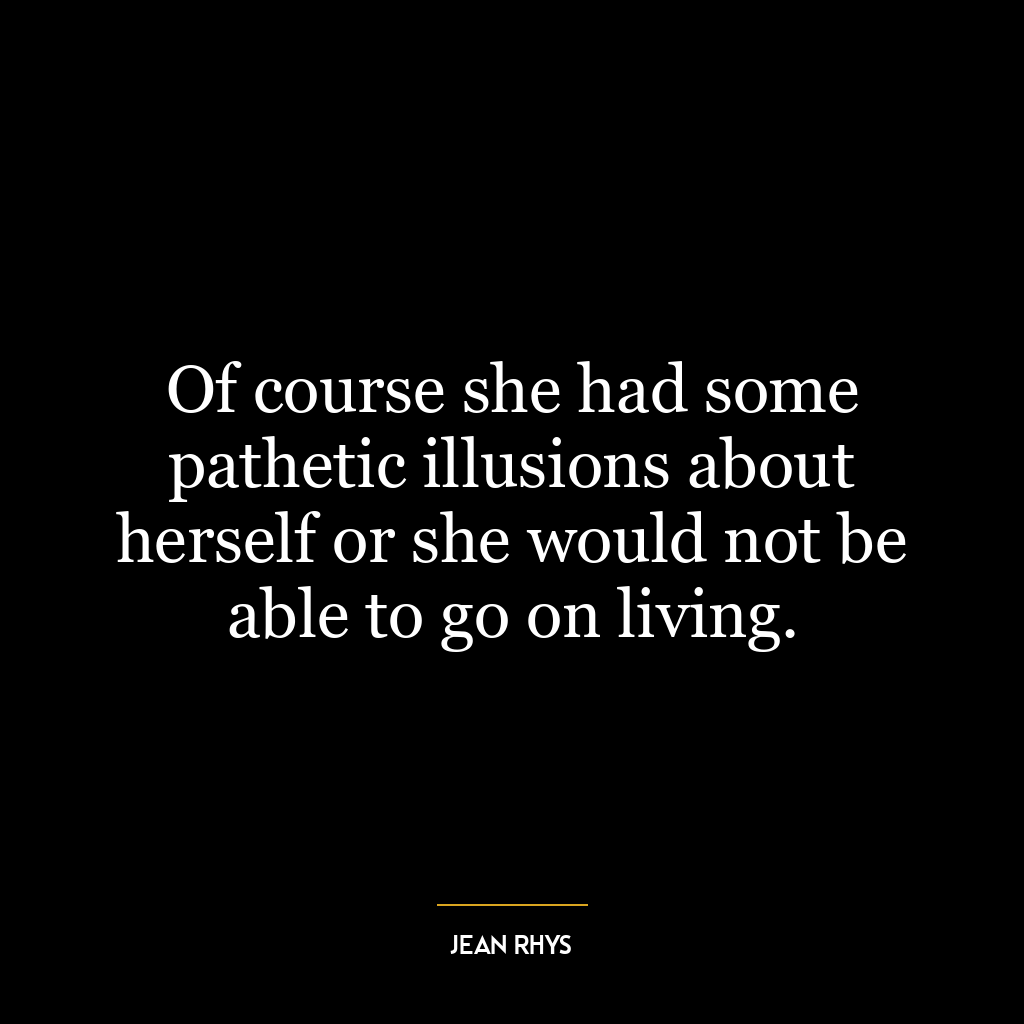The greatest evil that can befall man is that he should come to think ill of himself.
This quote suggests that the most detrimental thing a person can do is to develop a negative view of themselves. It emphasizes the importance of self-perception and self-esteem in our lives. When a person starts to think ill of themselves, it can lead to self-doubt, lack of confidence, and ultimately, self-destruction. This perception can hinder one’s personal growth, success, and happiness.
The quote implies that our thoughts about ourselves significantly impact our actions, decisions, and interactions with others. If we believe we are unworthy, incapable, or flawed in some way, these thoughts can manifest in our behavior and the way we handle life’s challenges. We may become hesitant to take risks, seize opportunities, or even engage with others out of fear of rejection or failure.
In today’s world, this idea is highly relevant. In an age where social media often dictates how we should look, behave, and live, it’s easy to fall into the trap of comparing ourselves with others and developing a negative self-image. This can lead to mental health issues such as anxiety, depression, and low self-esteem.
In terms of personal development, understanding the significance of this quote can be a powerful tool. It encourages us to foster a positive self-image and to challenge any negative thoughts about ourselves. By doing so, we can boost our self-confidence, resilience, and overall wellbeing. It teaches us that we should value and believe in ourselves, regardless of external opinions or unrealistic societal standards.
In essence, the quote is a reminder that our self-perception shapes our reality. Therefore, thinking well of ourselves is not just beneficial, but essential for our personal growth and happiness.



